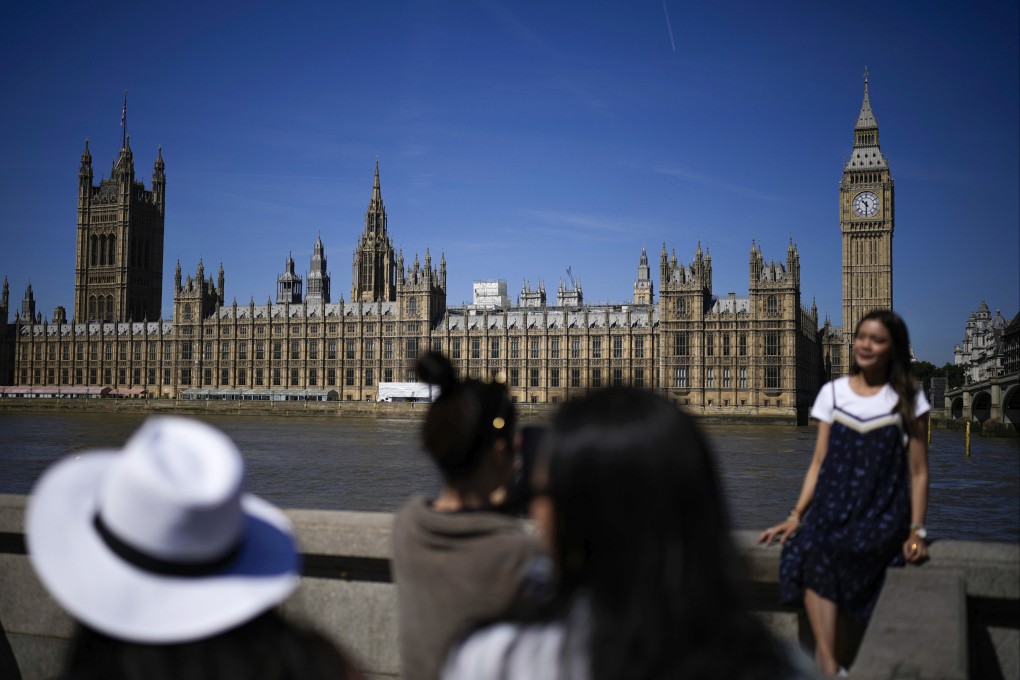Baby boom for Hong Kong migrants in UK while number of births in city hits record low
- Almost 2,000 babies born to Hongkongers in England and Wales last year, showing city had lost ‘fertile couples, young families’
- Fixing education system, providing more childcare support ‘may persuade Hongkongers to have babies’, population expert says

Hongkongers in England and Wales had almost 2,000 babies last year, a rising trend since Britain introduced a bespoke migration pathway for city residents.
Population expert Paul Yip Siu-fai said he regretted the loss of “fertile couples” and young families at a time when the number of births in Hong Kong had dropped to a record low.
He urged the government to do more to encourage residents to have babies, support them with childcare needs, and improve the education system.
“When the young people left, they also took their fertility to other places,” the University of Hong Kong (HKU) professor said. “We are very likely to fall into a low-fertility trap and have little chance of escaping it.”

Britain’s Office for National Statistics told the Post the number of newborn babies with at least one parent from Hong Kong rose from 1,568 in 2019 to 1,602 in 2020, 1,665 in 2021 and 1,953 last year.